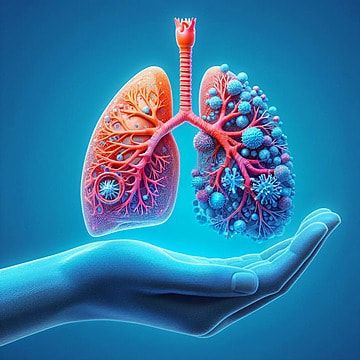What is medical oncology?
Medical oncology is a branch of medicine that specializes in diagnosing, treating, and managing cancer with medicines such as chemotherapy, targeted therapy, hormonal therapy, and immunotherapy. It often works alongside surgical and radiation oncology as part of a multidisciplinary approach.
Types of treatments used
Chemotherapy: Uses drugs to destroy rapidly dividing cancer cells.
Targeted Therapy: Focuses on specific molecules or pathways that drive cancer growth.
Immunotherapy: Boosts the body’s immune system to fight cancer.
Hormonal Therapy: Blocks or lowers hormones in cancers like breast and prostate cancer.
When is medical oncology recommended?
Medical oncology treatments may be used:
- Before surgery (neoadjuvant therapy) to shrink tumors
- After surgery (adjuvant therapy) to prevent recurrence
- As primary treatment for advanced/metastatic cancer
- To relieve symptoms and improve quality of life (palliative therapy)
Managing side effects
Modern oncology care emphasizes minimizing side effects. Supportive medicines help manage nausea, infections, hair loss, fatigue, and low blood counts. Counseling, diet support, and regular monitoring are part of comprehensive care.
Living well during treatment
Patients are encouraged to maintain good nutrition, stay physically active as tolerated, and keep regular follow-ups. Emotional and psychosocial support are equally important for overall well-being during treatment.

